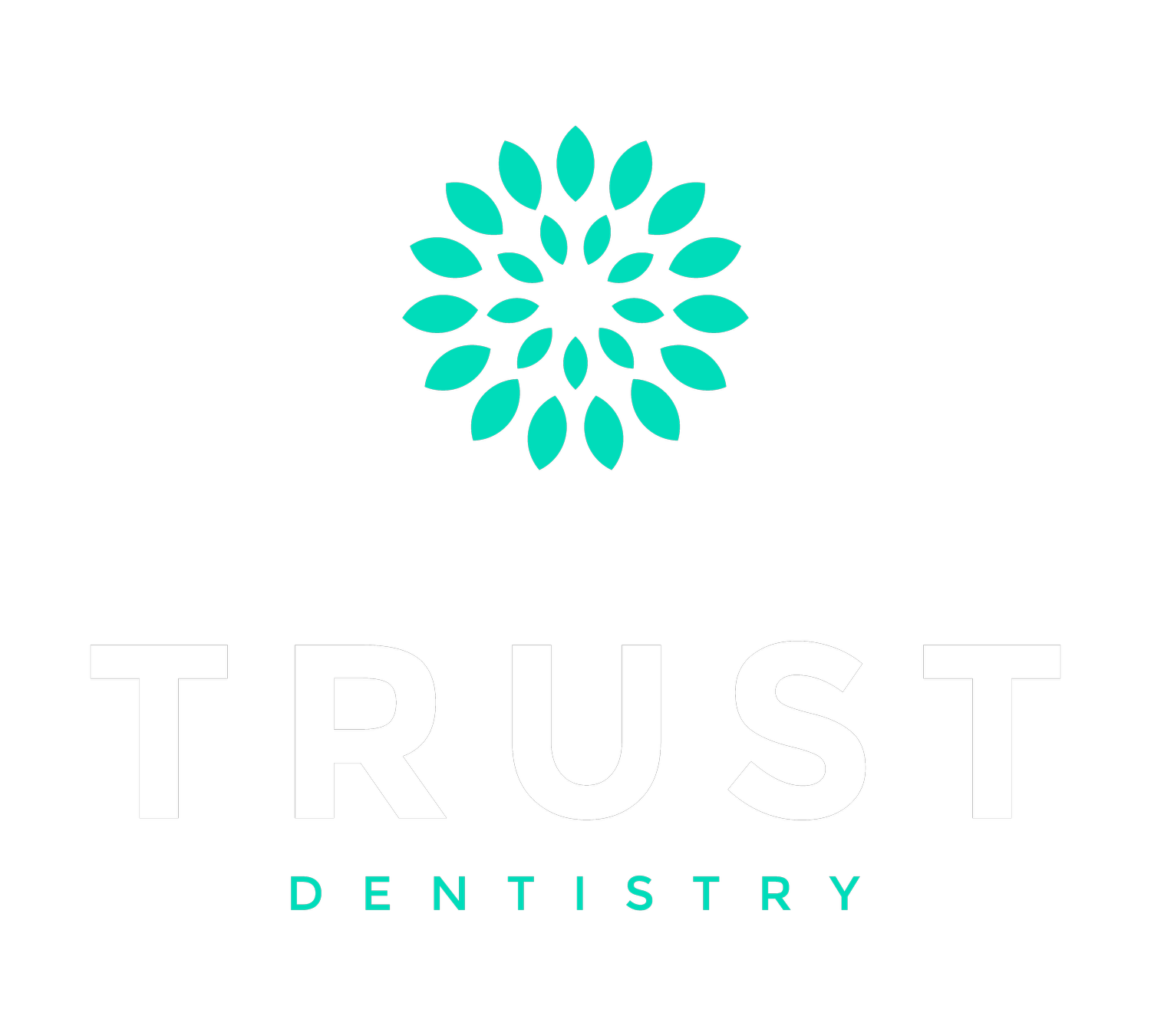COHA: Nutrition and oral health
When we think about oral health, we often focus on brushing, flossing, and dental visits. Yet one of the most overlooked determinants of oral wellness begins far earlier with what we eat.
Nutrition is one of the 16 categories measured within the Comprehensive Oral Health Assessment (COHA), a diagnostic framework that scores both oral and systemic health to guide preventive and minimally invasive care.
COHA reflects a modern approach to dentistry: one that moves beyond treating isolated symptoms and instead views the mouth as part of a dynamic, interconnected ecosystem.
By assessing oral, systemic, and behavioural factors together, COHA enables early identification of disease, risk stratification, and proactive, individualised care planning. Each score is linked to a specific clinical action, enabling both the clinician and the patient to benefit from education and collaboration.
The Science Behind Nutrition and Oral Health
Your mouth is the gateway to your body, and the relationship between diet and oral health is both immediate and profound.
Every bite you take feeds not only your body but also the community of bacteria living in your mouth. The type of “fuel” you provide determines whether those bacteria help maintain balance or produce harmful acids that erode tooth enamel and inflame the gums.
Carbohydrates, especially simple sugars, are rapidly broken down by oral bacteria into acids. These acids lower your mouth’s pH, softening and demineralising the enamel, the protective outer layer of your teeth. When this acidic environment occurs frequently, it can lead to cavities and the progression of tooth decay.
Conversely, specific nutrients actively protect and strengthen your oral tissues.
They can be grouped into five key functions:
Strengthening tooth structure: Calcium, phosphorus, vitamin D
Supporting gum tissues: Vitamin C, vitamin K, folate (B9)
Combating inflammation: Omega-3 fatty acids, vitamin A
Supporting immune function: Iron, zinc
Providing antioxidant protection: Vitamin E
Understanding this interplay helps you harness the power of nutrition as a preventive tool not only for your mouth, but for your entire body.
The Powerhouse Nutrients
Calcium
The cornerstone of strong teeth and bones. Adequate calcium intake throughout life helps maintain enamel integrity and may reduce the risk of tooth loss.
Beyond dairy, fortified plant milks, sardines, tofu, and dark, leafy greens offer excellent alternatives to calcium.
Vitamin D
Vitamin D works hand in hand with calcium, enhancing its absorption and supporting immune resilience — which helps protect against gum inflammation.
Natural sources include fatty fish, egg yolks, and sunlight, though supplementation is often necessary in low-sunlight regions.
Vitamin C
Essential for gum health, vitamin C supports collagen production and maintains the integrity of soft tissues. Deficiency can lead to bleeding gums and, in severe cases, scurvy.
Rich sources include berries, bell peppers, and broccoli. Acidic fruits, such as oranges, should be consumed mindfully to protect your enamel.
Phosphorus
This mineral works in conjunction with calcium to strengthen tooth and bone structure. Found in protein-rich foods such as meat, fish, eggs, and dairy, it is rarely deficient but is2 vital for balanced nutrition.
The Cavity Culprits
Not all “healthy” foods are friendly to your teeth.
Cariogenic foods, those high in fermentable carbohydrates, can be quickly converted into enamel-eroding acids by bacteria.
Obvious culprits include sweets, soft drinks, and baked goods. But even dried fruits and starchy snacks like crackers or bread can have the same effect due to their sugar content and sticky texture.
Equally important is timing: sipping sugary beverages throughout the day or snacking frequently creates a constant acid attack that prevents natural remineralisation, accelerating decay.
Acidic foods, such as citrus fruits, tomatoes, wine, and carbonated drinks, can also directly weaken enamel. Enjoy them in moderation and balance them with neutralising foods like cheese or vegetables.
Nature’s Dental Defenders
Fortunately, nature gives us plenty of allies for oral health:
Dairy foods – Milk, cheese, and yoghurt raise oral pH, helping neutralise acids and support remineralisation through calcium, phosphorus, and casein protein.
Leafy greens – Kale, spinach, and broccoli provide calcium, folate, and other B vitamins that nourish gum tissue.
Crunchy fruits and vegetables – Apples, carrots, and celery naturally clean teeth and stimulate saliva, your mouth’s best defence against acid and bacteria.
Nuts and seeds – Almonds and sunflower seeds offer protein, calcium, and healthy fats, while promoting saliva flow through chewing.
Fatty fish – Salmon and sardines supply omega-3s and vitamin D, both of which reduce inflammation and strengthen bone support around teeth.
Within the COHA framework, a lower score might indicate dietary habits that heighten risk, guiding your clinician to recommend specific, evidence-based nutritional adjustments. Conversely, an optimal score reinforces wellness habits worth maintaining.
By measuring nutrition alongside other systemic and behavioural factors, COHA supports dentistry that is proactive rather than reactive, helping patients preserve tooth structure, reduce inflammation, and achieve lasting oral wellness.


